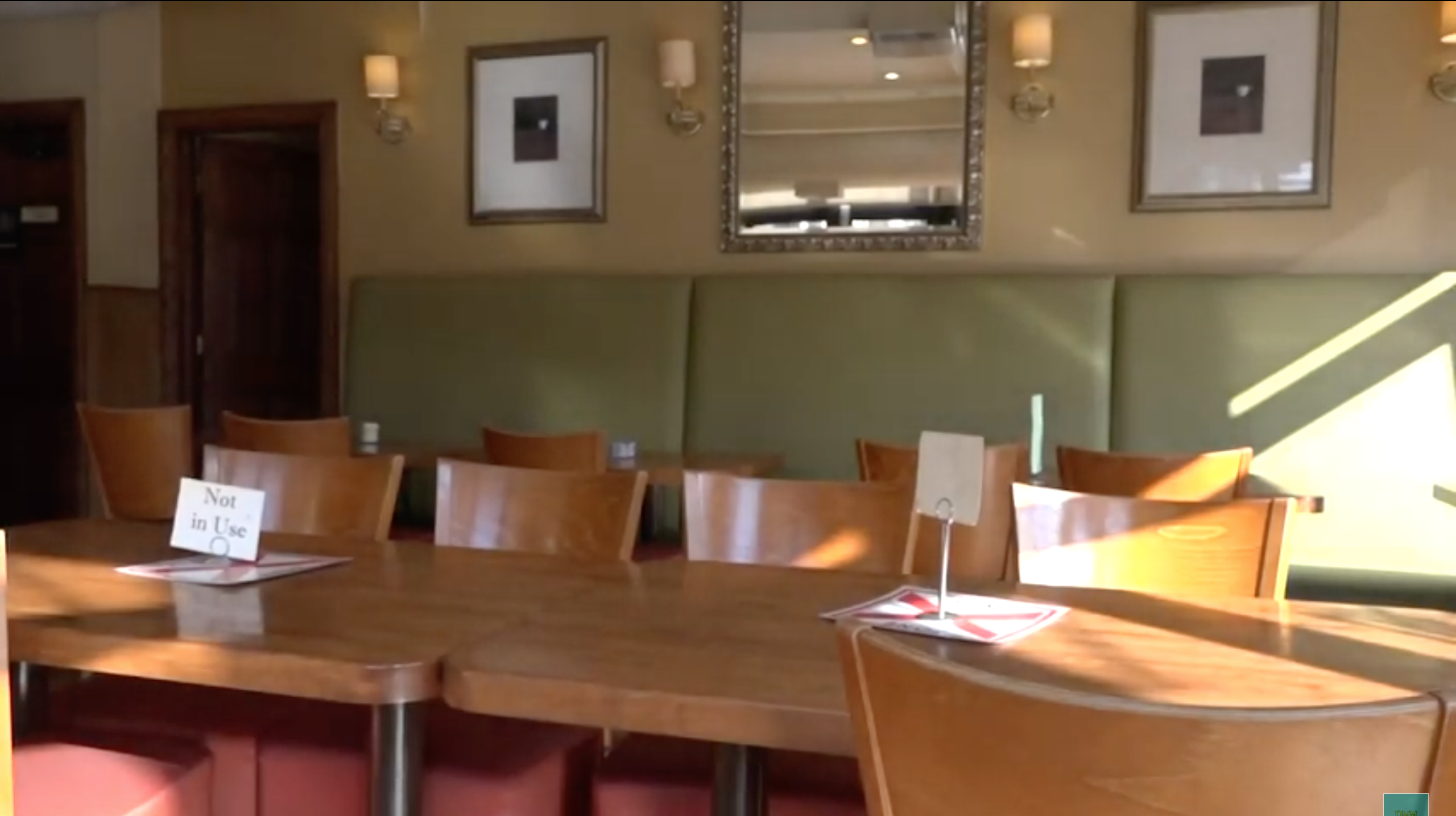On September 28, Mayor Lori Lightfoot announced an easing of some rules related to covid-19. Lightfoot said that new guidelines for businesses would go into effect that will expand indoor capacity to 40% for certain businesses, reopen bars for indoor service, allow restaurants and bars to serve alcohol until 1:00 am – all effective October 1.
“This next step in our reopening is good news for business owners as well as the communities they serve and the thousands of residents that work for them,” said Lightfoot.
This announcement was long-awaited by businesses that have been hurt by covid-19 – businesses that will soon have to deal with colder weather.
These changes were critical for bars, breweries and taverns in finding any chance for them to survive the fall and winter,” said Pat Doerr, Director of the Hospitality Business Association of Chicago.
In July, the city restricted indoor service for bars that don’t serve food. Now, many feel that the recent easing of those rules is critical for some bars and restaurants to stay open.
You would have no customers because it is cold. They had no possible pathway to remain open and employ servers and bartenders without indoor service,” said Doerr.
Frank Ruffolo who manages five restaurants in Chicago including Lincoln Park diner Jam ‘n Honey, is bracing for the colder months and is expecting a decrease in customers. “Every day we’re adapting and trying to stay afloat. Obviously when the weather was nice and outdoor dining was relevant, that was great but now we’re just in the time when the weather’s going to dictate everything,” said Ruffolo.
Jam ‘n Honey experienced a drop in customers not only because of Covid-19 restrictions but also due to the lack of students and staff at DePaul’s Lincoln Park campus.
“This is not a year that anyone is going to make money. There is going to be no profit. This is a survival year and if you survive with the help of the neighborhood and the community, hopefully you can stay afloat for the next year,” said Ruffolo.
The hospitality and tourism industry in Chicago earns most of its money during the summer months. But since the pandemic hit, the summer hasn’t been profitable enough for some companies to survive the winter. And for many, the outlook is bleak.
“None of these restrictions are viable if they go over a year. If we get to March and it is still like this, it is really hard to see how bars and restaurants in Chicago will survive.” Professor Nick Thomas, Director of the School of Hospitality and Leadership at DePaul, says flexibility is critical in this crisis.
“It doesn’t make sense to lock in the 40% occupancy, lock in the curfew times and try that for 6 months to see how it goes. The reality is that we can be in a very different situation a month from now, good or bad. Constant flexibility of the regulations is key and making sure those decisions are based on science and data,” said Thomas.
On October 15, exactly two weeks after the easing of the regulations on bars and restaurants, coronavirus cases in Chicago were up 32% compared to the same point one week earlier.
And that concerns Dr. Allison Arwady, the Commissioner of Chicago’s Department of Public Health. “I am worried that this could be the beginning of this second surge that everybody has been talking about. This could be what folks have been concerned about. And now is the time to double down on the things that have helped keep this in control, broadly, to date,” she said.
And this recent surge is already impacting the Chicago area. On October 20, Governor Pritzker ordered new restrictions in DuPage, Kane, Will and Kankakee counties. The governor is prohibiting indoor service at bars and restaurants in those counties.
Then, just two days later, on October 22, Lightfoot backtracked and imposed new restrictions. The mayor ordered a 10 pm curfew on all nonessential businesses in the city.
Lightfoot also is again prohibiting indoor service at taverns and brewery taprooms without food licenses. And she’s calling on people to limit social gatherings to six people.
Finally, the mayor issued a warning – saying if the virus can’t be brought under control, there may be even tougher restrictions – possibly another stay-at-home order.
